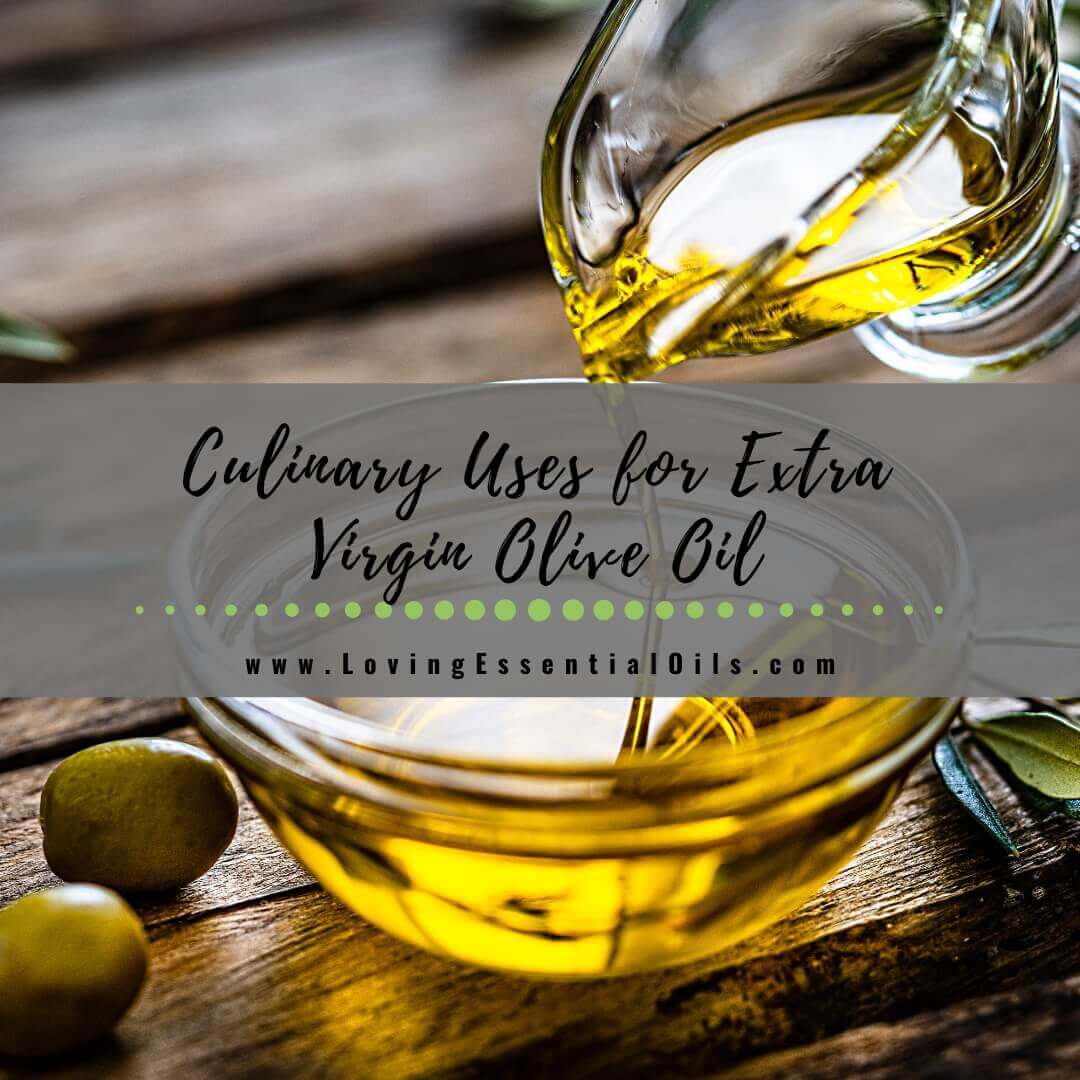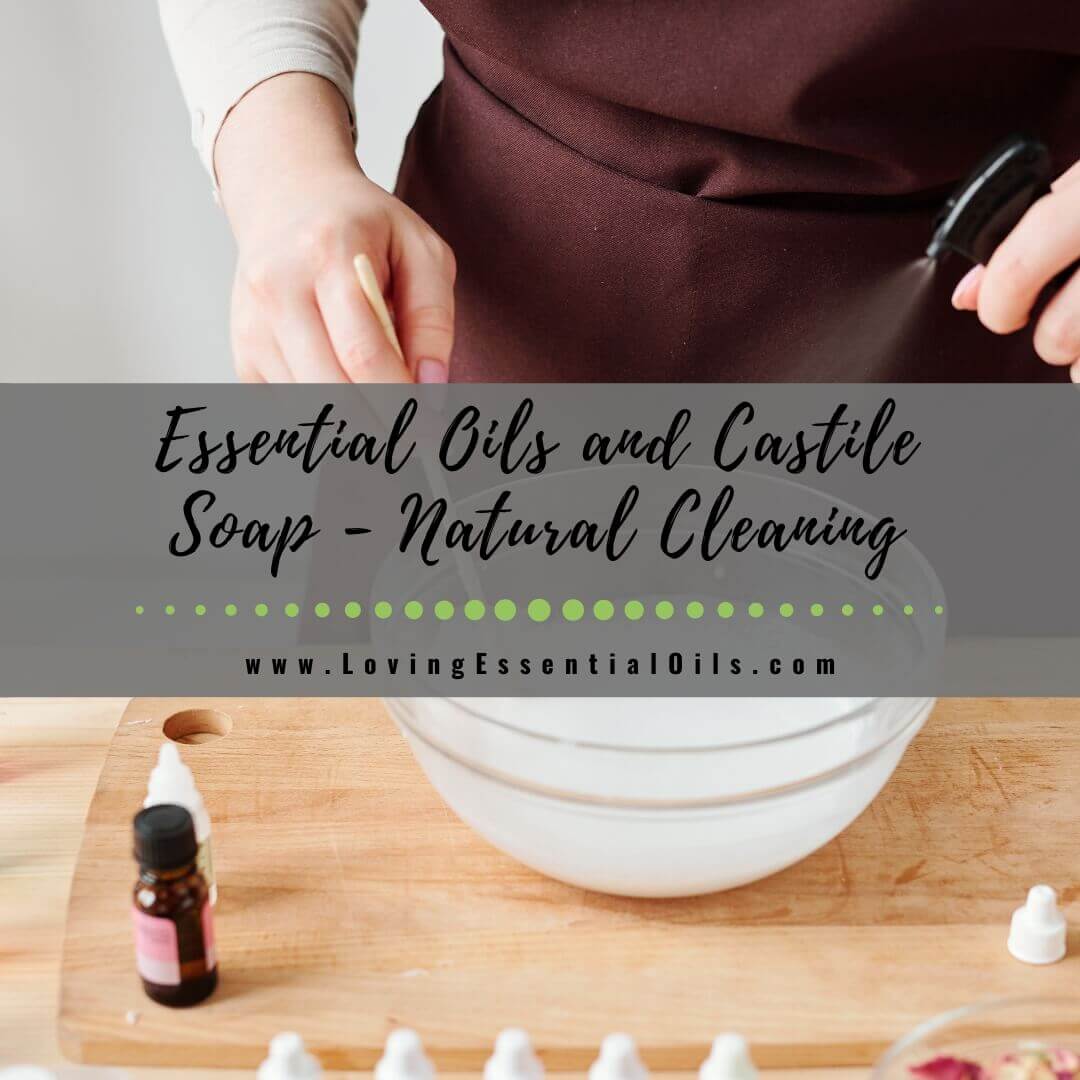Extra virgin olive oil, often celebrated for its rich flavor and health benefits, is a staple in kitchens worldwide. Derived from the first pressing of olives, this high-quality oil has a distinct taste and numerous culinary applications. In this blog post, we will delve into the various ways extra virgin olive oil can be used in cooking, dressing, dipping, and more.
Importance of Extra Virgin Olive Oil in Culinary Uses
Extra virgin olive oil is not only valued for its exquisite taste but also for its versatility and health benefits in culinary practices. Here are five key reasons why this oil plays a vital role in the culinary world:
- Nutritional Benefits: Extra virgin olive oil is a rich source of monounsaturated fats, antioxidants, and anti-inflammatory properties, making it a healthier option compared to other cooking oils.
- Enhanced Flavor Profile: The distinct fruity and peppery notes of extra virgin olive oil can elevate the taste of dishes, adding depth and complexity to culinary creations.
- High Smoke Point: With a higher smoke point than regular olive oil, extra virgin olive oil is suitable for various cooking techniques, including sautéing, roasting, and frying.
- Heart-Healthy: Regular consumption of extra virgin olive oil has been associated with a reduced risk of heart disease, thanks to its beneficial effects on cholesterol levels and blood pressure.
- Culinary Versatility: From cooking to dressing and dipping, extra virgin olive oil can be used in a multitude of ways, making it a versatile ingredient in the kitchen.
Cooking with Extra Virgin Olive Oil
When it comes to cooking with extra virgin olive oil, choosing the right techniques and dishes is essential to maximize its flavor and benefits.
Ideal Cooking Techniques
Extra virgin olive oil is best suited for low to medium-heat cooking methods such as sautéing, braising, and baking. Avoid using it for deep-frying, as its smoke point may be surpassed, leading to a loss of flavor and nutritional value.
Recommended Dishes
Several dishes benefit from the addition of extra virgin olive oil, including roasted vegetables, pasta dishes, grilled meats, and marinades. The oil’s fruity aroma and peppery finish can enhance the overall taste of these dishes, making them more flavorful.

Dressing with Extra Virgin Olive Oil
The versatility of extra virgin olive oil shines through when it comes to creating delicious salad dressings and vinaigrettes.
Versatile Uses
Extra virgin olive oil can be combined with various herbs, spices, vinegars, and citrus juices to create a myriad of salad dressings. Its smooth texture and robust flavor serve as a perfect base for homemade dressings.
Flavorful Dressing Techniques
To create flavorful dressings with extra virgin olive oil, experiment with different combinations of ingredients like garlic, Dijon mustard, honey, and fresh herbs. Emulsifying the oil with acidic ingredients using a whisk or blender helps achieve a well-balanced dressing.
Dipping and Drizzling with Extra Virgin Olive Oil
Beyond cooking and dressing, extra virgin olive oil is a delightful addition to dipping and drizzling on finished dishes.
Foods for Dipping
Crusty bread, vegetables, cheeses, and olives are ideal companions for dipping in extra virgin olive oil. The oil’s rich taste enhances the flavors of these foods, creating a simple yet satisfying appetizer or snack.
Drizzling Suggestions
Drizzle extra virgin olive oil on soups, pasta, grilled meats, and even desserts to add a final burst of flavor. A finishing touch of high-quality oil can elevate the presentation and taste of a dish, impressing guests with its gourmet touch.
Other Culinary Uses for Extra Virgin Olive Oil
In addition to cooking, dressing, dipping, and drizzling, extra virgin olive oil can be incorporated into marinades, sauces, and even baking recipes.
Marinades and Sauces
The fruity and peppery notes of extra virgin olive oil work well in marinades for meats, seafood, and vegetables, infusing them with flavor before cooking. Similarly, incorporating the oil into sauces like pesto, aioli, and salsa verde can enhance their taste and texture.
Baking and Cooking Substitutions
When baking or cooking, consider substituting butter, margarine, or other fats with extra virgin olive oil for a healthier alternative. The oil’s rich flavor can complement a wide range of sweet and savory recipes, from cakes and cookies to grilled vegetables and seafood dishes.

Conclusion
Extra virgin olive oil is more than just a cooking ingredient; it is a culinary powerhouse that elevates dishes with its unique flavor profile and health benefits. From cooking to dressing, dipping, and more, this versatile oil offers endless possibilities in the kitchen.
By understanding its various culinary uses and experimenting with different techniques, home cooks and chefs alike can harness the full potential of extra virgin olive oil to create delicious and nutritious meals.





